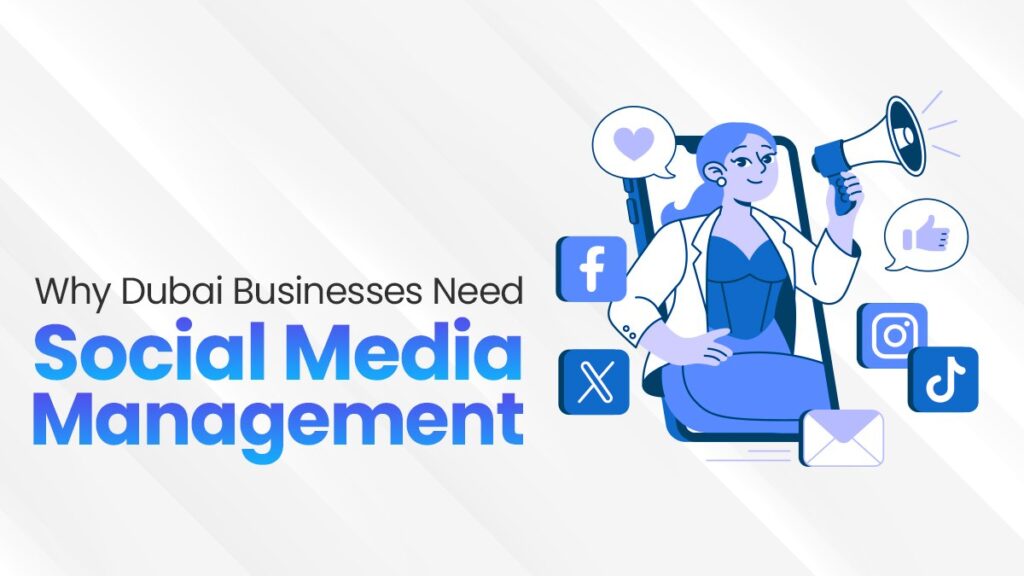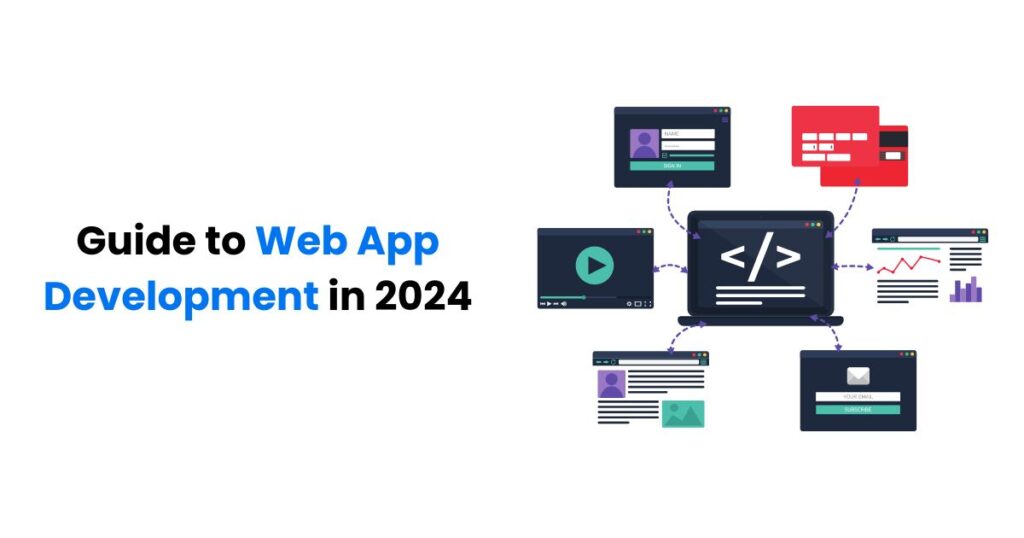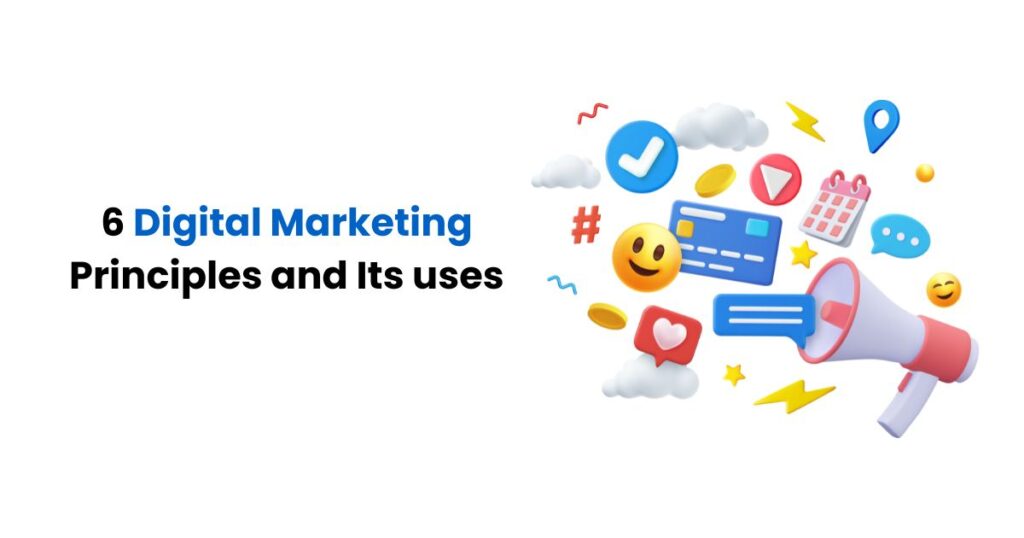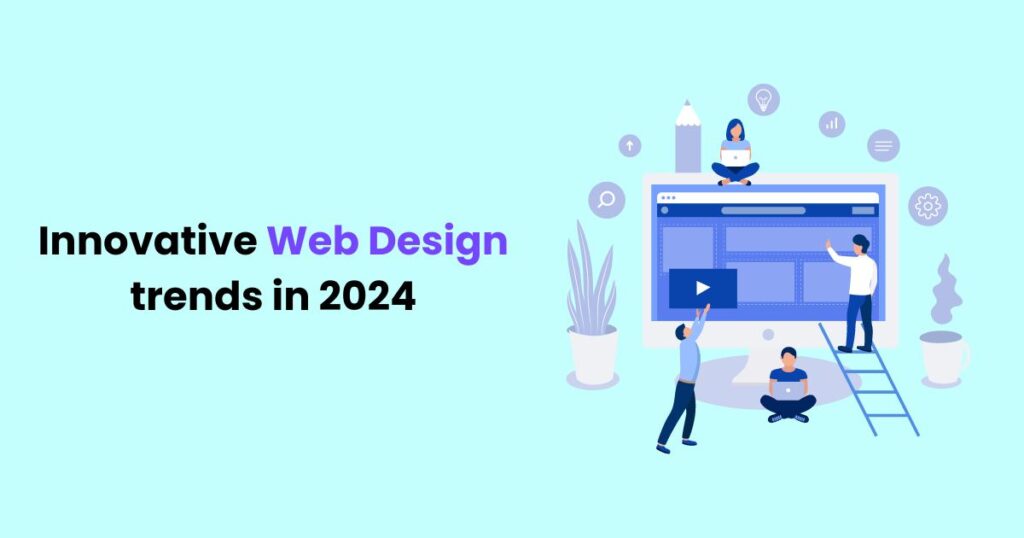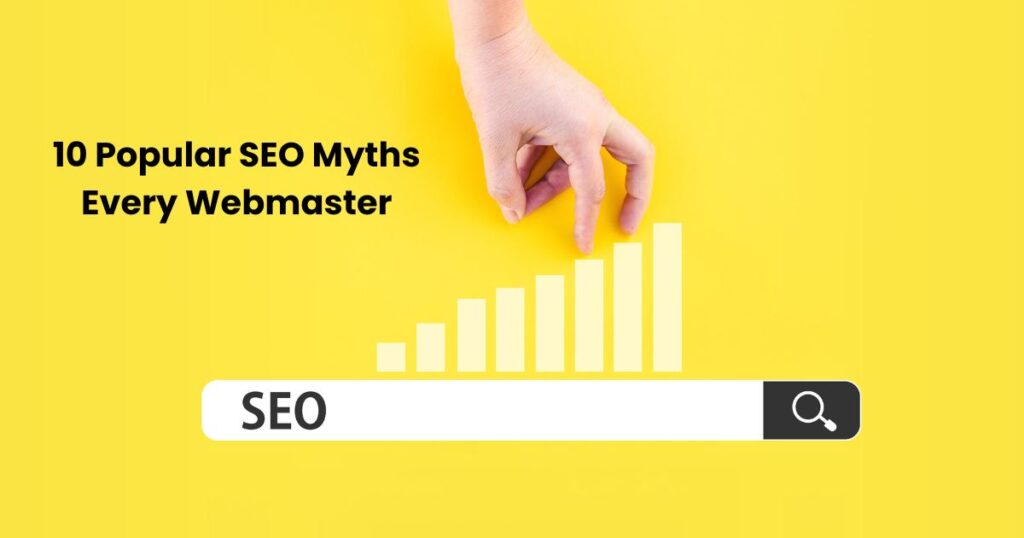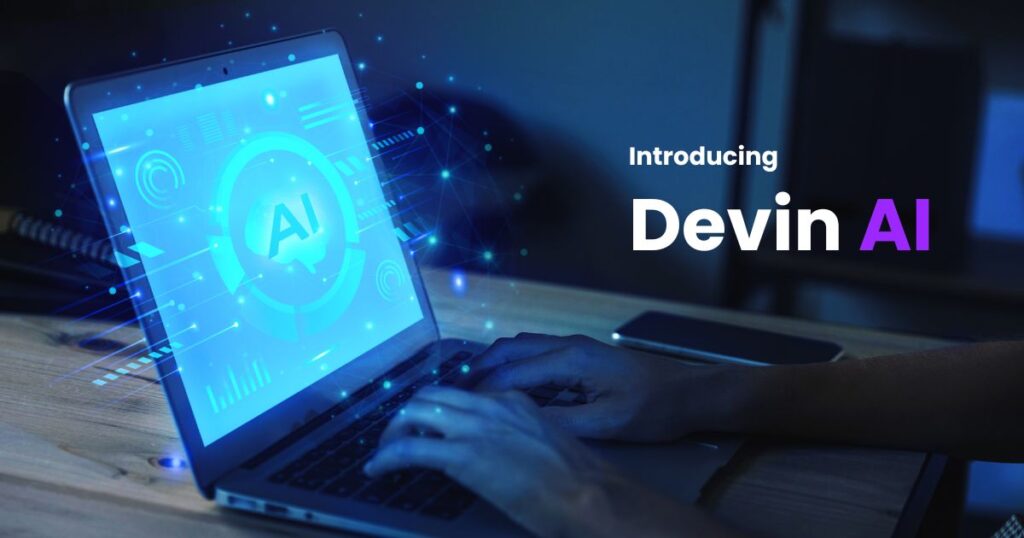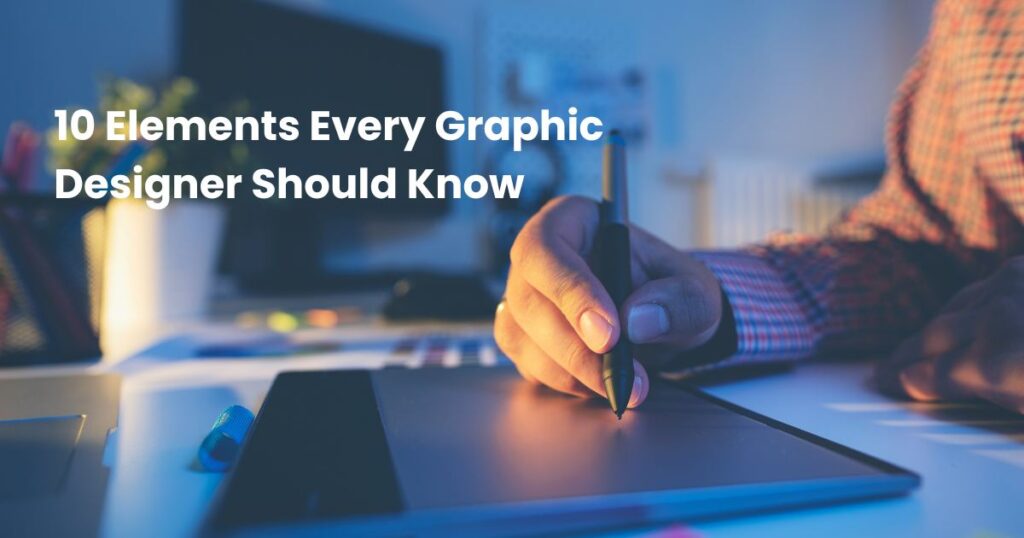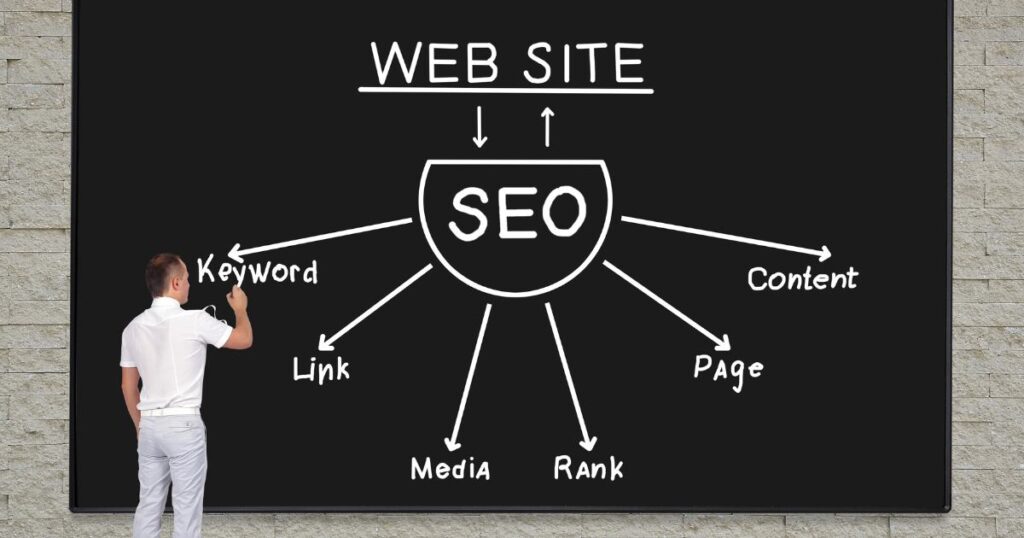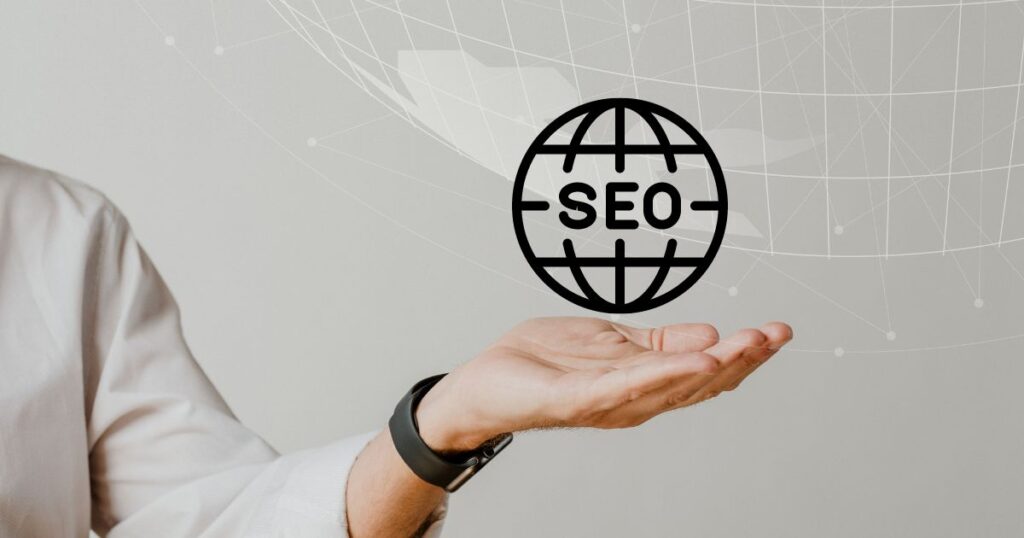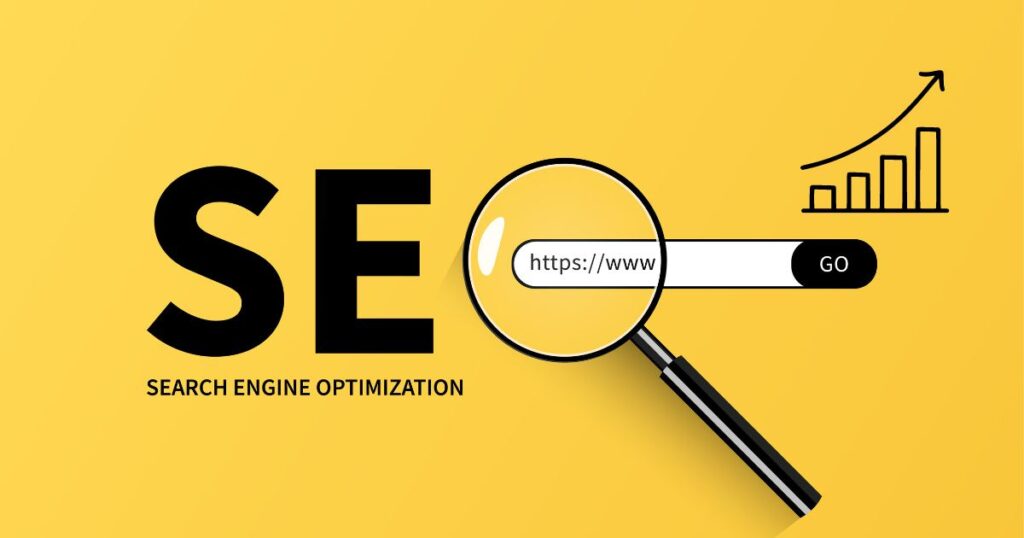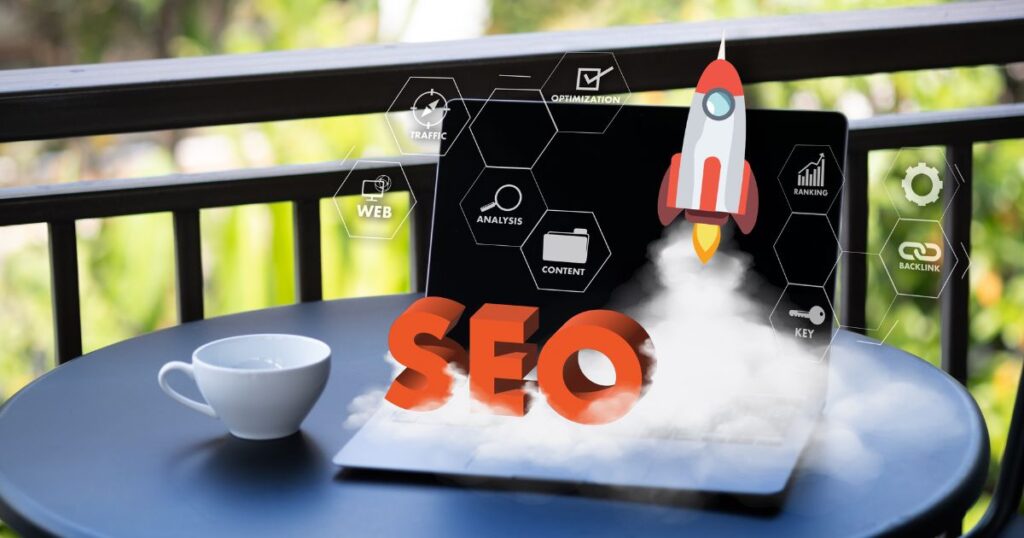Understanding PPC and digital marketing services
when it comes to advertising, companies want the right platforms to show their products for the masses to see, along with the right PPC campaign management for maximum advertising impact in under-budget expenses, to achieve two of their major goals, i.e., cutting expenses and reaching larger audiences to see the advertisement. Digital marketing services play an important role in PPC campaigns as more people today are using digital media platforms for studies, work, entertainment, and other business and social activities. In that case, targeting such audiences is the best way for an advertiser to get a larger reach of viewers.
PPC campaign management targets many digital media platforms, including Google Ads and Facebook Ads, as both of these platforms are the most used platforms with a wide range of users. Companies tend to focus more on these as PPC ads appear when a user searches for the words related to the service or product being advertised, as PPC (Pay Per Click) is essentially based on keywords. Similarly, digital marketing services or online marketing create a marketing channel through emails, social media platforms, pop-ups on YouTube, and other platforms such as proxy links with potential customers to promote the services or products being advertised.
Four Elements of Digital Marketing Services
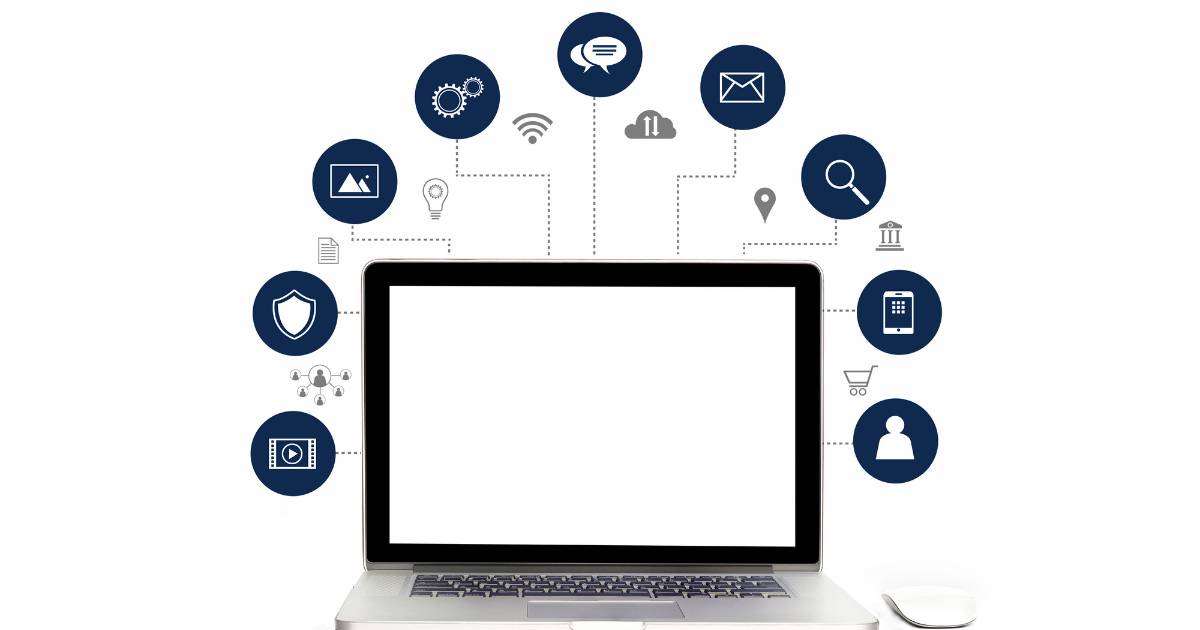
When it comes to digital marketing services, four elements are most important: first and foremost, market research. Without the study of the public’s needs and their opinion regarding a certain service or product, a completely impactful advertisement cannot come to life; therefore, a market survey is a must. The second most important element of a digital marketing service is either making a new website or targeting the right website that is already in existence as a social platform for users and has a target audience for more viewership and more PPCs.
The third factor that impacts digital marketing services is online advertising itself, and the fourth one is social media marketing, which leads to a successful PPC campaign management plan. As it minimizes the expenditure of an advertising company, it also helps to identify the ideal audience for that particular product or service by targeting previous online behavior, demographics, preferences, likings, and hashtags, etc.
Providing the right choice of promotion

An effective PPC campaign is a fundamental part of digital marketing services spreading on almost all social media platforms, leading to a choice for an individual to engage with it on Google Ads, Facebook Ads, LinkedIn, Bing, Hubspot, Twitter, and a long list of other platforms. Such a variety of options gives individuals the right of choice to select what is best for them according to their preferences and usage of a particular website. Facebook, as it’s a widely used platform, has ads that are mostly viewed and clicked. Therefore, for an advertiser, the right choice to get more and more PPC’s in a day is to publish ads on Facebook, and especially if the ads are designed and promoted by Facebook itself, it even leads to a more ideal target audience as it tracks the algorithms according to the user’s activity.
However, there is also an audience that is a frequent user of Google; in that case, a Google ad will be more suitable. It authorizes companies to present ads on Google’s search bar on the basis of keywords used by the user.
Pros and cons of Google ADs
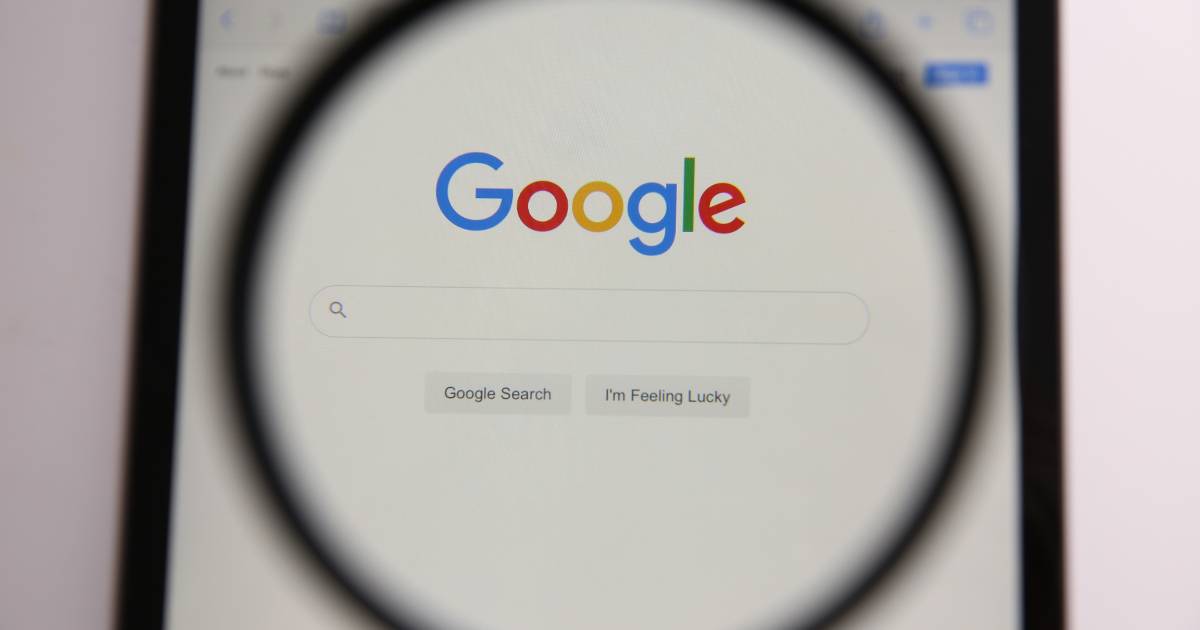
There are several benefits to using Google Ads. First of all, it reaches the right audience by enabling you to customize the target audience based on keywords, demographics, language, and previous searches. Second of all, it increases awareness of the brand among Google users. As Google Search is the most used application for doing any research or general browsing, it is important to have a presence on the frequently used platform for better recognition, as it will be visible to the audiences even if they are not the actual target, but repeatedly watching a pop-up on a search engine can convert them into a target audience, hence increasing the range of the target audience. With the help of Google’s analysis of a PPC campaign on the basis of clicks, advertisers can check and measure the performance of the PPC campaign. Google Ads can also show you the leads for the viewer and which keywords popped up in the ads.
Fourth will be the most important one, which is the maximum return on investment (ROI). Google Ads provides the ROI for businesses like digital marketing services by narrowing down the audiences that are most likely to visit the site. Google Ads Analytics also helps with breaking down campaign costs to determine whether ads are working effectively or not.
However, Google Ads have limitations where the number of characters being used restricts businesses; thirty characters for a headline and two ninety-character description lines are not enough for an eye-catching online ad. Along with that, it attracts an unwanted audience without any assurance of conversion, which generates traffic.
Advantages and disadvantages of Facebook ads

On the other hand, Facebook’s PPC campaign management is different, with several pros and cons.
One of the major pros of Facebook ads is that the audience reach of Facebook is massive; approximately 3 billion users are active monthly. With access to the users globally, businesses can promote products and services to the masses. Along with wide reach, there is another benefit of segmentation on Facebook, as it narrows down ads to the specific audience of Facebook regarding their age, gender, language, interests, etc. Facebook helps you create a custom audience for your specific criteria by engaging with your profiles. Moreover, Facebook ads bring you more leads and traffic to your website, leading to more clicks, impressions, views, and, most importantly, sales.
PPC campaign management on Facebook has proven easy to increase brand awareness. It helps you to increase the visibility of the brand name and its reach with social media engagement, with more visits to your profile, likes, shares, comments, followers, and DM’s for inquiries regarding the information about your business, products, and services.
Although these advantages can become disadvantages real soon for digital marketing services as social platforms like Facebook are notorious for fake profiles, And with a daily increase in social media platforms, Facebook’s relevance in urban areas is decreasing day by day.
Conclusion
In conclusion, the more options a business has for advertising, the more PPC it gets. But choosing what’s right for the business really depends on the authenticity of the business. Google ads focus more on making sales better, whereas Facebook ads focus more on building a brand image.


